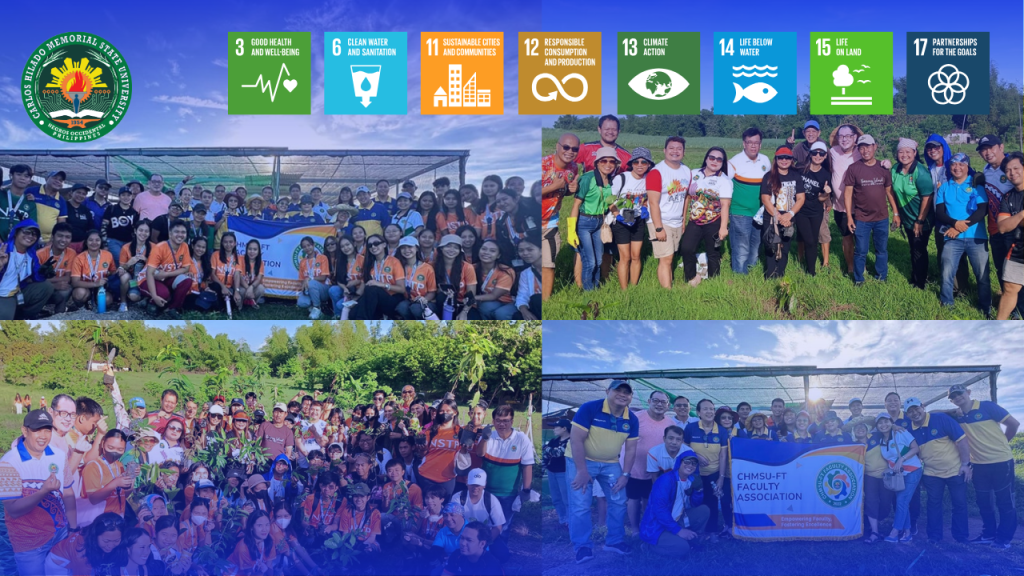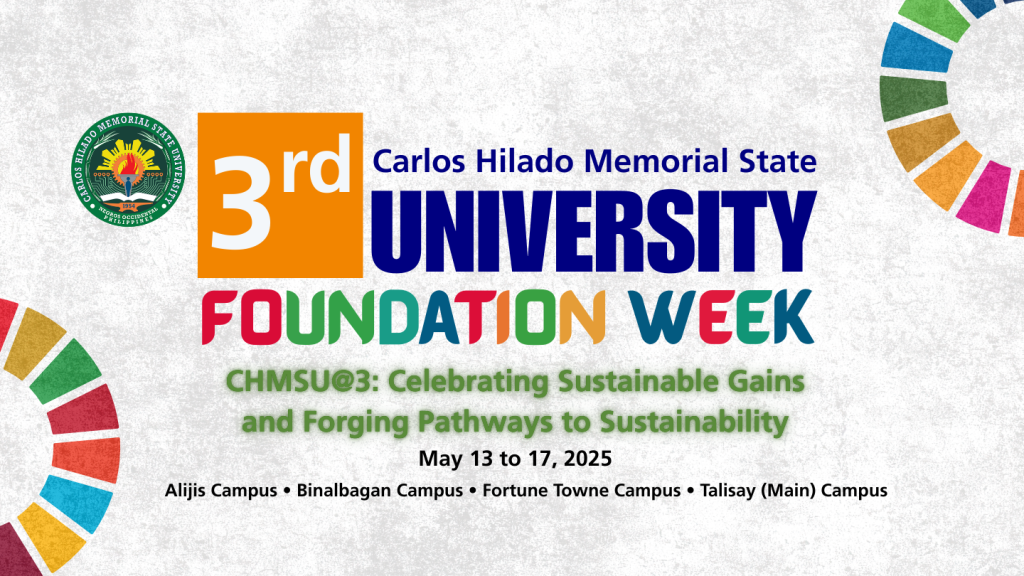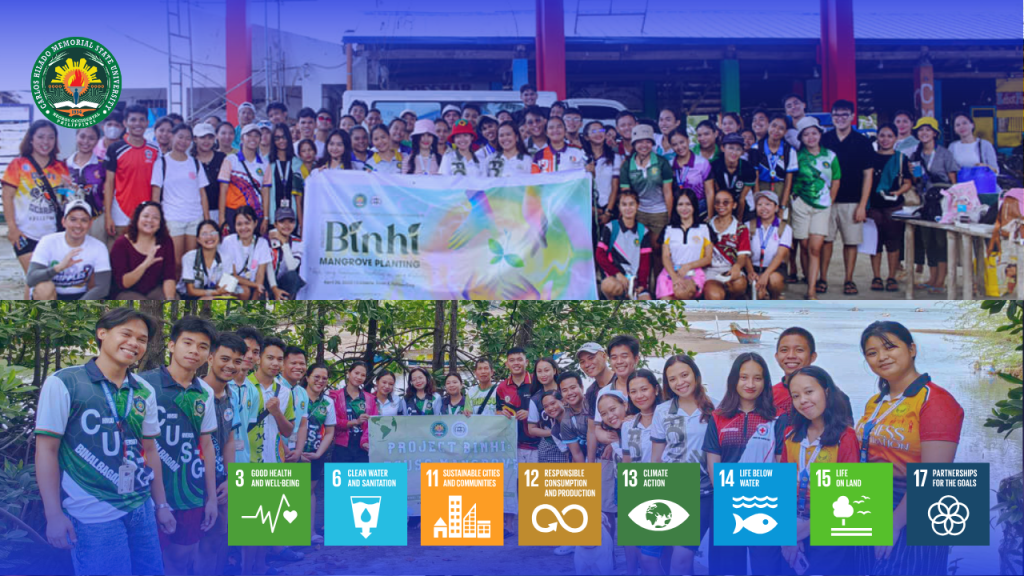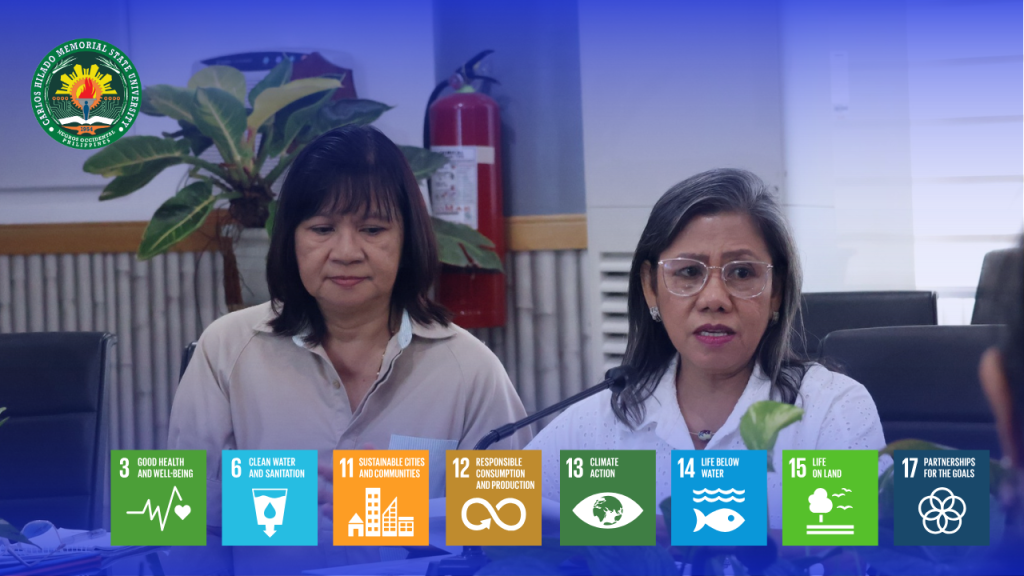According to the United Nations (UN), water “is at the core of sustainable development and is critical for socio-economic development, energy and food production, healthy ecosystems and for human survival itself. Water is also at the heart of adaptation to climate change, serving as the crucial link between society and the environment.” In this way, water is a vital part of life that connects everything and everyone.
Each year, the demand for clean water and sanitation increases with the world’s population. Under the 2030 Agenda is Sustainable Development Goal 6 – Clean Water & Sanitation, which targets that everyone would have safely managed water and sanitation by 2030. However, we still have a long way to go.
In the Joint Monitoring Program for Water Supply, Sanitation and Hygiene (JMP) – Progress on household drinking water, sanitation and hygiene 2000 – 2020 by the World Health Organization and UNICEF, around 2 billion people around the world lacked safe drinking water in 2020. In health care, an estimated 1.8 billion people use and work in facilities without basic water services. The UN further emphasizes that the “dysfunction throughout the water cycle undermines progress on all major global issues, from health to hunger, gender equality to jobs, education to industry, and disasters to peace.”
Leaders, scientists, and experts have long recognized the urgency to solve the water and sanitation crisis. This is why World Water Day 2023 focuses on accelerating change.
The UN encourages everyone to make a difference by changing the way we use, consume and manage water. The campaign takes inspiration from the ancient story of a hummingbird that fetches drops of water to help put out a forest fire. While the other animals laugh at its efforts, it replies. “I’m doing what I can.” Like the hummingbird, we are called to take even the simplest and smallest act for the world. Start by fixing leaking pipes at home, shortening your shower time, avoiding throwing contaminants in waterways, and more. With every individual commitment, progress is added to larger-scale movements of governments and organizations.
Accelerating change can happen when we learn and explore the water and sanitation issue, participate in the campaign to raise awareness, and use sustainable ways to use and consume water at home, school, work, and the community.
While the world still needs to double its efforts for SDG 6, we can take inspiration from others who have already made a good start. Here’s a brief glimpse of water and sanitation actions around the world.
Denmark – WASH Innovation Hub
WASH stands for water, sanitation, and hygiene. To address the still growing number of people who live without access to clean water and sanitation, the new UNICEF Office of Innovation sustainable WASH innovation hub, based in Copenhagen, will maximize the collective potential of a network of Danish and global experts and market leaders to catalyze research, develop, and scale innovative solutions that deliver accelerated results.
Read more here: https://www.unicef.org/innovation/press-releases/water-sanitation-hygiene-innovation-hub-copenhagen
Ethiopia – Enhancing Disaster Resilience through Employment-Intensive Waterworks
The International Labour Organization (ILO), funded by the Japan Government, conducted the project Enhancing Disaster Resilience through Employment-Intensive Waterworks in the Somali region of Ethiopia. Through this project, waterworks were built which allowed the local famers access to water for their farms. People in the community also earned income from being employed for the project.
Read more here: https://www.worldwaterday.org/stories-2023/story/we-wont-need-beg-water-anymore
India – Toilet Integration (TI) Bus
Ulka Sadalkar and Rajeev Kher of Pune, India created the “TI Bus” or Toilet Integration Bus, a mobile toilet for women in India to address the issue of unhygienic public toilets. The Ti Bus a retired bus that has been refurbished with toilets, nursing areas, showers, etc.
Read more here: https://www.toiletboard.org/toilet-integration-ti-bus-sanitation-economy-story/
South Korea – Smart Water Management
South Korea has been a model for smart water management for years. International Water Resources Association listed three of the country’s projects as examples for other nations. These projects were 1) Smart Water City, which improved the quality and use of tap water, 2) smart metering, which showed a 190,000 cubic meter of water per year decrease in leakage, and 3) Hydro Intelligent Toolkit (K-HIT), which provided an ICT-led integrated water management system. South Korea is also aiming to go carbon-neutral by 2050 and to support this, it plans to expand its smart water management by installing floating solar farms near dams and applying hydrothermal energy technologies to data centers.
Read more here:
https://www.aquatechtrade.com/news/urban-water/3-reasons-south-korea-is-becoming-a-smart-water-nation/
https://www.koreaherald.com/view.php?ud=20210618000591
Join the campaign and be the change! https://www.unwater.org/bethechange/
Reference: https://www.worldwaterday.org/




